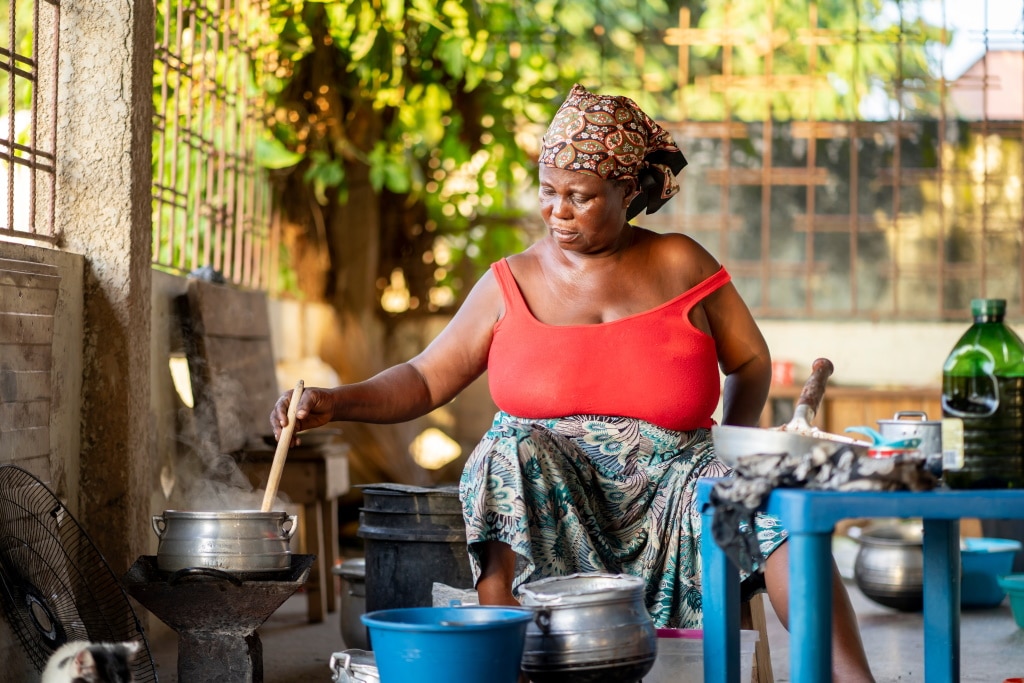A new initiative is emerging to accelerate the deployment of clean cooking systems around the world. The recently formalized partnership links the United Nations Capital Development Fund (UNCDF) and the Clean Cooking Alliance (CCA) with the goal of supporting financial innovation for clean cooking.
As part of this collaboration, the two organizations plan to jointly support “innovative financing” initiatives, as well as the introduction of digital technology in clean cooking access strategies. It will also support research and leadership in the sector through the identification and understanding of buyers and responsible financing via carbon credits.
The challenge for Africa and Asia
This financing solution is already implemented by several actors in Africa. This is the case of the French company Aera, which is working with Ecosphere+, a provider of nature-based offset solutions, to sell carbon credits to finance clean cooking in Africa. Fenu and CCA also plan to promote clean cooking as a solution for climate finance.
Read also- AFRICA: Community Carbon to invest $20m in clean cooking and drinking water
The two organizations will focus their efforts on Africa and Asia, two regions of the world “where the need for clean cooking is particularly acute,” the CCA notes. The alliance estimates that 2.4 billion people worldwide are affected by the problem. However, the use of conventional stoves with wood as fuel causes damage to local economies and the climate, which the CCA estimates at 2.4 trillion dollars per year.
In terms of health, 3.2 million premature deaths are recorded each year due to the lack of clean cooking systems. And unlike the renewable energy sector, clean cooking attracts very little investment, $130 million per year, out of an estimated need of $10 billion per year to increase access to clean cooking. In response to this lack of funding, Fenu supports local initiatives to increase access to clean cookstoves. The organization based in New York, USA, is supporting the British company Bboxx in the deployment of its liquefied petroleum gas (LPG) cooking solution in the provinces of Goma, Lubumbashi and Bukavu in the DRC.
Jean Marie Takouleu
